Diabetes 101
Master Diabetes Management: Empower Your Health Journey!
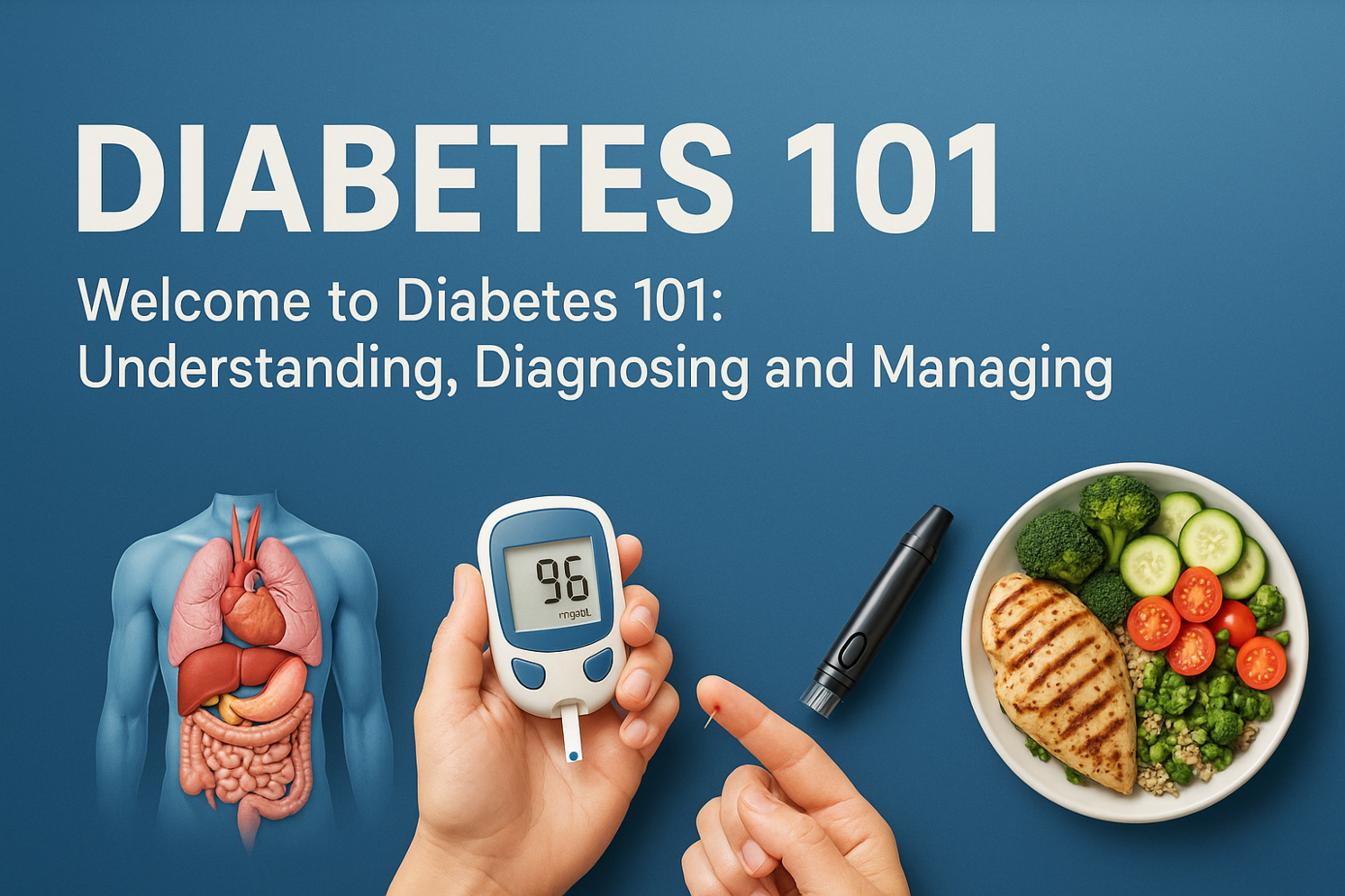
4 Hours average completion time
0.4 CEUs
14 Lessons
14 Exams & Assignments
152 Discussions
11 Videos
26 Reference Files
Mobile Friendly
Last Updated February 2026
Welcome to Diabetes 101: Understanding, Diagnosing and Managing. This introductory course regarding the topic of diabetes is designed to offer students a general understanding of what diabetes is, how it's diagnosed and how it's managed. Students will also learn the anatomy of diabetes, the body organs involved, and the different types of diabetes with which a person may be diagnosed.
This course also covers the importance of glucose and insulin and how each affects the overall function of your body. Symptoms of diabetes as well as what to expect when you visit a doctor are included in these lessons. Testing methods commonly used by diabetics to maintain their blood sugar and insulin levels are also explored. Understanding the basic tools a diabetic may need for daily management of diabetes are introduced, as are the different methods many individuals diagnosed with diabetes take in order to adapt their lifestyle to their condition at home, work, or school.
Students of this course on diabetes will learn about the most common types of complications associated with multiple forms of diabetes and the importance of care and infection prevention among diabetics, most specifically the elderly. Pregnant mothers diagnosed with gestational diabetes will understand the importance of obstetrical and post-delivery care, and enjoy some tips and suggestions for healthy living habits before, during and after a planned pregnancy.
Throughout this course, students will also learn the importance of nutrition and diet for optimal management of diabetes symptoms and conditions. We'll explore a number of coping skills that diabetics can utilize to help prevent stress and depression. Finally, we'll wrap up this introductory course on diabetes by offering tips that every individual can take to help reduce their risk of developing the condition, or at the very least, minimize its impact on their lives.
- Managing glucose and insulin effectively
- Implementing proactive diabetes prevention strategies
- Monitoring and managing blood sugar levels
- Developing emotional resilience and mindfulness
- Preventing diabetes-related complications
- Engaging community and healthcare support
- Understanding diabetes diagnosis and management
- Adapting lifestyle for optimal diabetes care
- Making informed nutritional choices
- Identifying and responding to diabetes symptoms
-
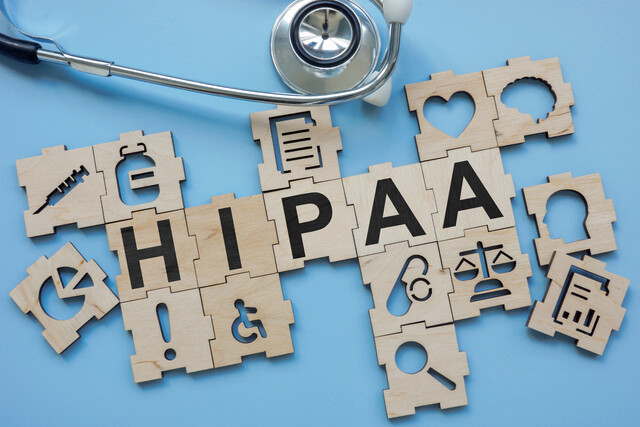
HIPAA Compliance 101
-

Pinterest
-

SalesForce 101
-

ICD-10: Medical Coding
-

Retirement Planning
-
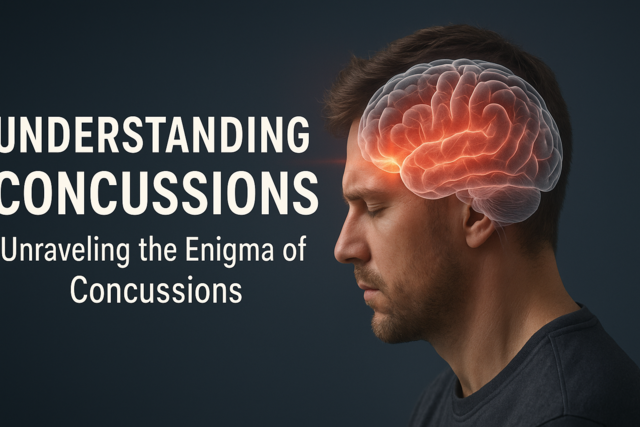
Understanding Concussions
-

Understanding Addictions
-

How to Live with a Teenager
-

Geometry 101: Beginner to Intermediate Level
-

Collaboration Skills
-

Stress Management
-

Understanding Childhood Obesity
-

Child Safety for Parents
-

Child Abuse Recognition, Investigation, and Protection
-
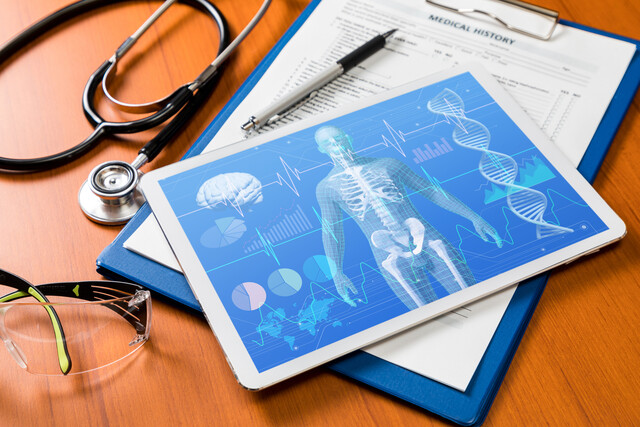
Medical Terminology 201
-
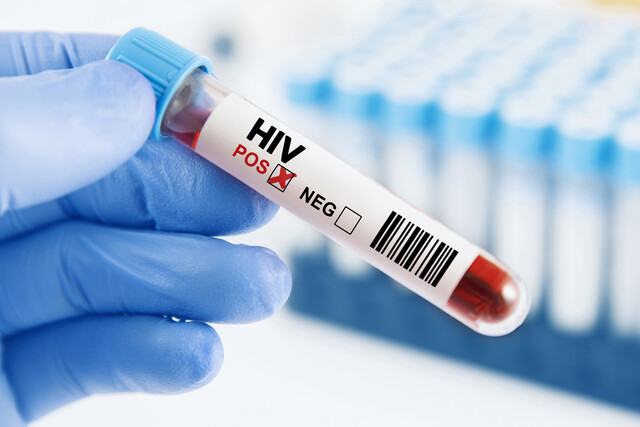
Caring for Patients with HIV/AIDS
-

Medical Billing and Coding Course Bundle
-

End of Life Care
-

Depression Management
-

Algebra 101: Beginner to Intermediate Level
-

Anatomy and Physiology 101
-

Careers in Healthcare
-
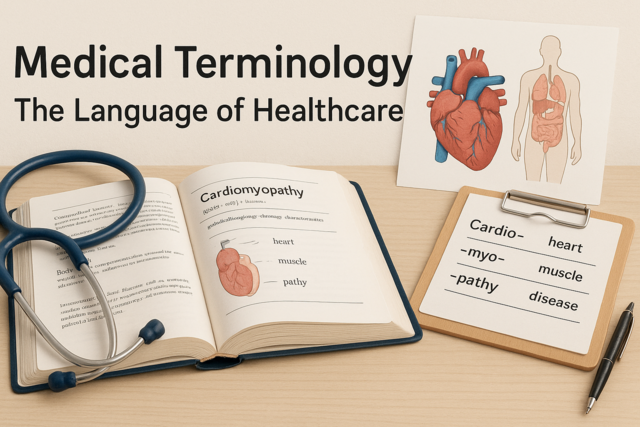
Medical Terminology 101
-

Mixed Media Art
-

Advanced Aromatherapy: Nature's Elixirs and Recipes